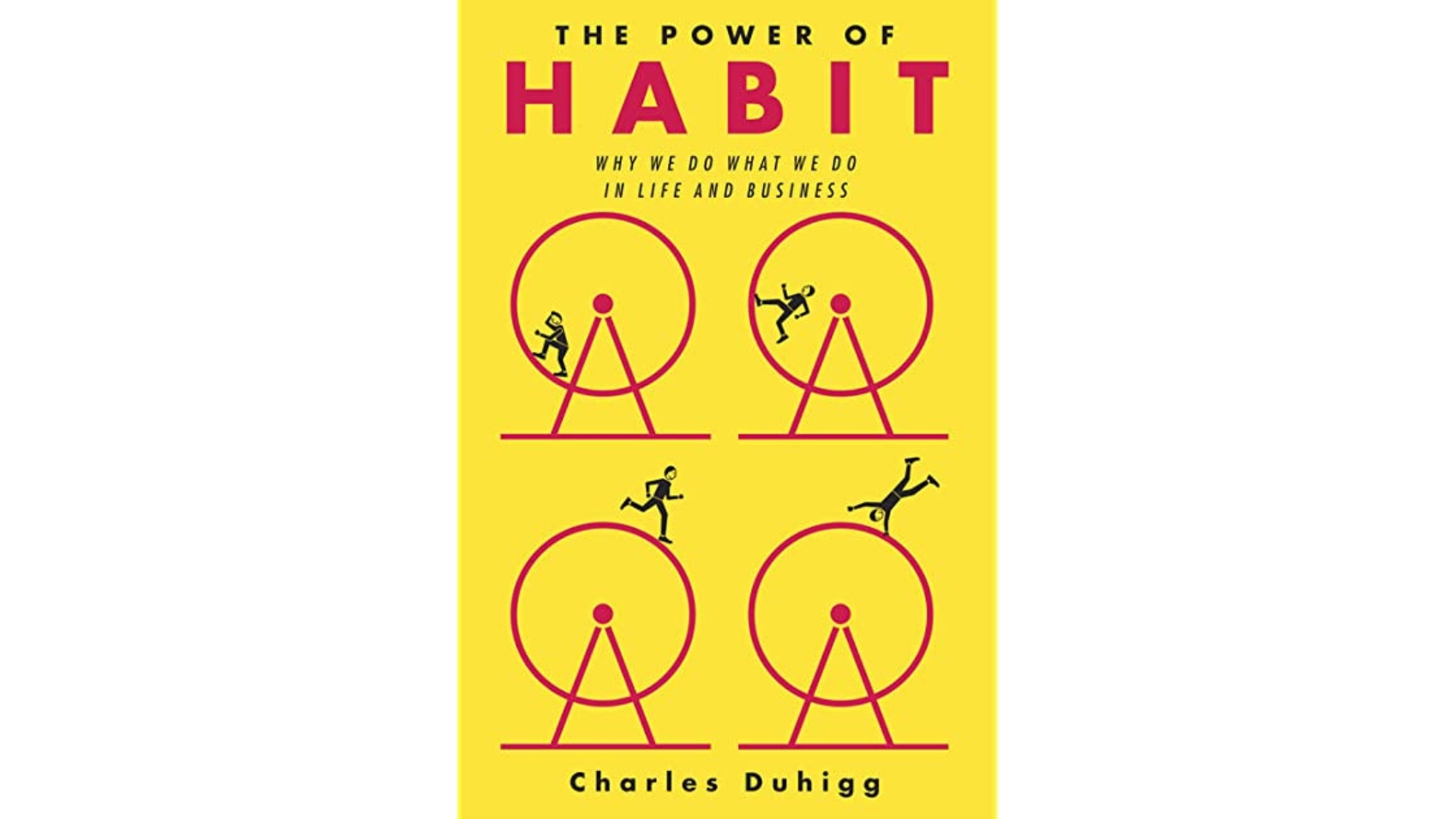Book Summary
Charles Duhigg’s book “The Power of Habit” explores the science behind habit formation and how it relates to both our personal and professional life. According to the book, habits are created by a cycle of cues, routine, and reward. By comprehending and modifying this cycle, habits can be changed. The book covers a wide range of subjects, such as how habits develop, the function of willpower, and habit transformation. The book also looks at how habits affect people, businesses, and society at large. The book gives useful advice for creating new habits and breaking bad ones using a combination of scientific evidence, case studies, and personal tales to demonstrate the power of habit.
The Book in 3 Sentences
- The science of habit formation is examined in the book “The Power of Habit,” along with how it relates to both our personal and professional life.
- According to the book, habits are created by a cycle of cue, routine, and reward. By comprehending and modifying this cycle, habits can be changed.
- The book covers a wide range of subjects, such as how habits originate, the function of willpower, and how habits may be altered. It also provides helpful advice for creating new habits and breaking bad ones.
Impressions
“The Power of Habit” provides a detailed and insightful examination of the science of habit formation and how it applies to our personal and professional lives. The book is informative and well-researched, and the practical strategies offered for developing new habits and breaking old ones are insightful. It is not only useful in understanding and changing our habits, but also helps in understanding the habits of others. The book helps us understand the role of willpower and how habits can be changed.
How I Discovered It
I come across it through online reviews or articles discussing the book from Charles Duhigg
Who Should Read It?
“The Power of Habit” is intended for anyone who is interested in understanding the science of habit formation and how it applies to their personal and professional lives. It is particularly well-suited for people who want to change their habits, improve their productivity and performance, and achieve their goals. It could be a good fit for anyone who is interested in psychology, neuroscience, or self-help.
How the Book Changed Me
After reading “The Power of Habit,” my understanding of how habits are formed and how they can be changed, I identified the cue, routine, and reward of their habits, and use this knowledge to develop new habits and break old ones. I took control of my habits and made positive changes in my personal and professional life. I became more mindful of my actions and the impact they have. I became more aware of the role of willpower, and how its an aspect of habit formation and change.
My Top Quote
- “Habits are powerful but delicate. They can emerge outside our consciousness or can be deliberately designed. They often occur without our permission, but can be reshaped by fiddling with their parts.”
- “Willpower isn’t just a skill. It’s a muscle, like the muscles in your arms or legs, and it gets tired as it works harder, so there’s less power left over for other things.”
- “The most powerful aspect of habit formation is the belief that you can change.”
- “Willpower is the single most important keystone habit for individual success.”
- “The Golden Rule of Habit Change: You can’t extinguish a bad habit, you can only change it.”
Detailed Notes//Key Topics
Some key topics from the book “The Power of Habit” include:
- Science of Habit: The book explains the science of habit formation, the loop of cue, routine, and reward and how understanding and manipulating this loop can be used to change habits.
- Willpower and self-control: The book covers the role of willpower and self-control in habit formation and change and suggests ways to increase willpower.
- Habit change: The book offers practical strategies for developing new habits and breaking old ones, and examines the impact of habits on individuals, organizations, and society as a whole.
- Personal and professional life: The book examines how habits can affect our personal and professional lives and how to change them to improve our performance and productivity.
- Mindfulness and awareness: The book encourages readers to be mindful of their actions, and to be aware of the impact they have on their lives.

